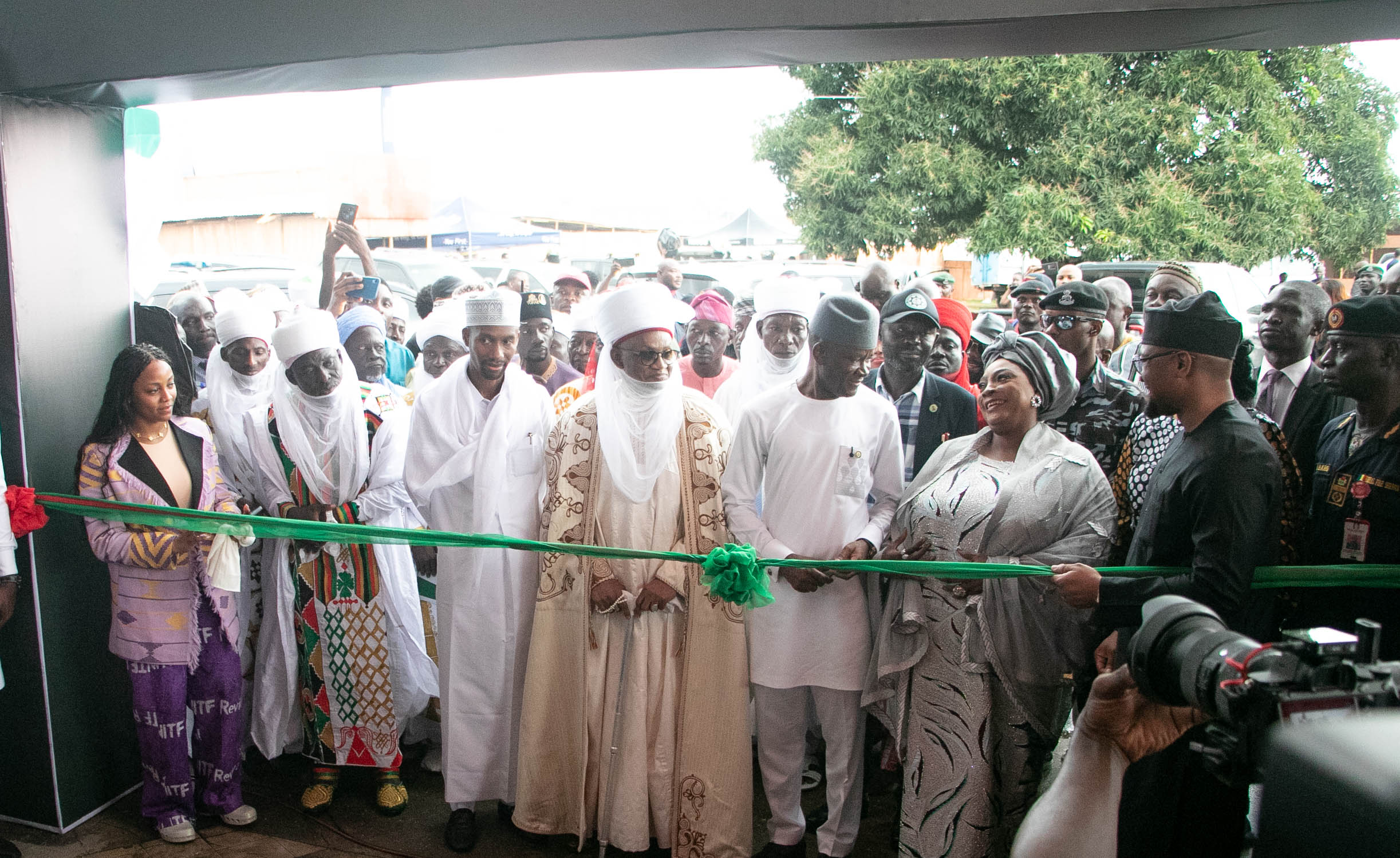High interest rate has been highlighted as a major constraint to business operations in the country, according to the Central Bank of Nigeria’s (CBN’s) latest Business Expectations Survey (BES) for June 2025.
The survey conducted from June 16 to 20 by the apex bank’s Statistics Department revealed that high interest rate has become a bigger threat than security and poor power supply.
The survey, which covered 1,900 firms across sectors such as industry, agriculture, construction, wholesale/retail, and services, found that businesses gave high interest rates a constraint index score of 75.6, edging out insecurity (75.2) and insufficient power supply (74.3), two problems that have historically topped Nigeria’s list of economic bottlenecks.
“Respondents identified high interest rate (75.6), insecurity (75.2) and insufficient power supply (74.3) as the top three business constraints in June 2025,” the CBN stated.
The result underscores the growing strain on corporate finances, especially among small and medium-sized enterprises (SMEs), as Nigeria maintains tight monetary policy to curb inflation and stabilize the naira.
The elevation of interest rates as the top constraint reflects a shift in the risk profile businesses now face. Since early 2024, the CBN has aggressively raised its benchmark Monetary Policy Rate (MPR) to rein in inflation, which peaked near 34 per cent in April before moderating slightly. The MPR currently stands at 27.5 per cent, with commercial lending rates in some cases exceeding 30 per cent, making it exceedingly difficult for firms to access affordable credit.
While insecurity particularly in the North-West and Middle Belt remains a serious operational hazard, and poor electricity supply continues to sap productivity, the financial impact of borrowing costs is now perceived as more immediate and pervasive.
The survey also lists other top operational burdens to include high bank charges scored 73.2, followed by high taxes (68.9) and an unfavorable economic climate (68.7).
Unclear economic laws (67.4), poor infrastructure (62.4), and an unfavorable political climate (62.5) were also mentioned, though they ranked slightly lower.
According to the CBN: “This suggests that business constraints are more focused on economic and financial risks than political challenges in the review period.”
However, the outlook remains surprisingly upbeat. The Business Confidence Index (BCI) for June stood at 20.7, with projections showing it could rise to 41.3 in the next six months as businesses anticipate improved economic activity.






